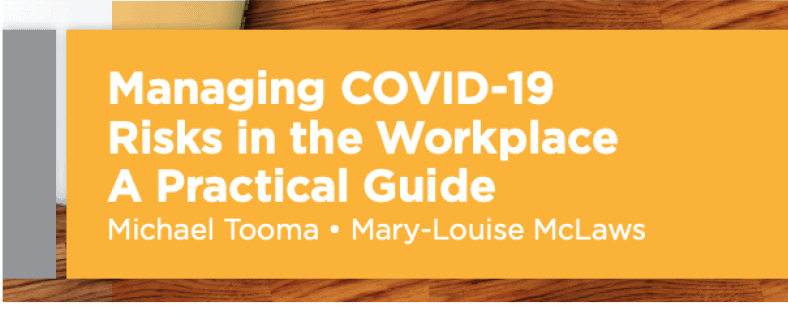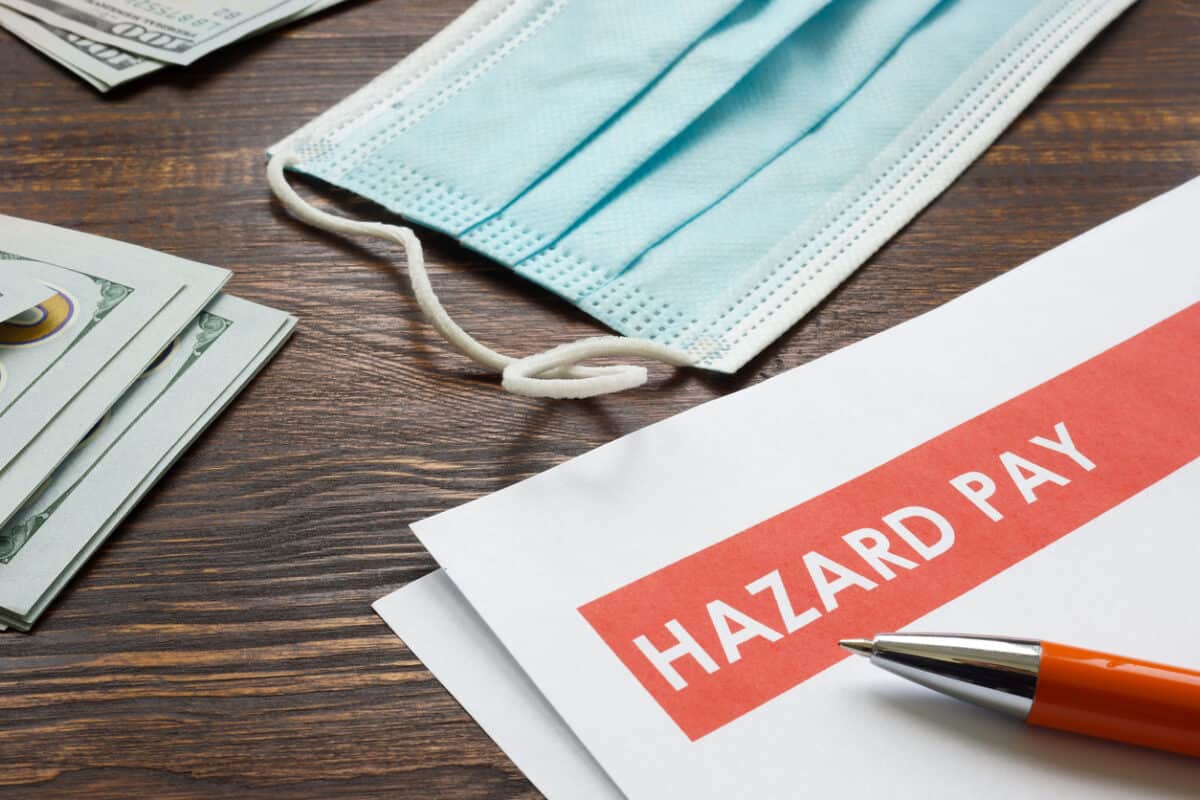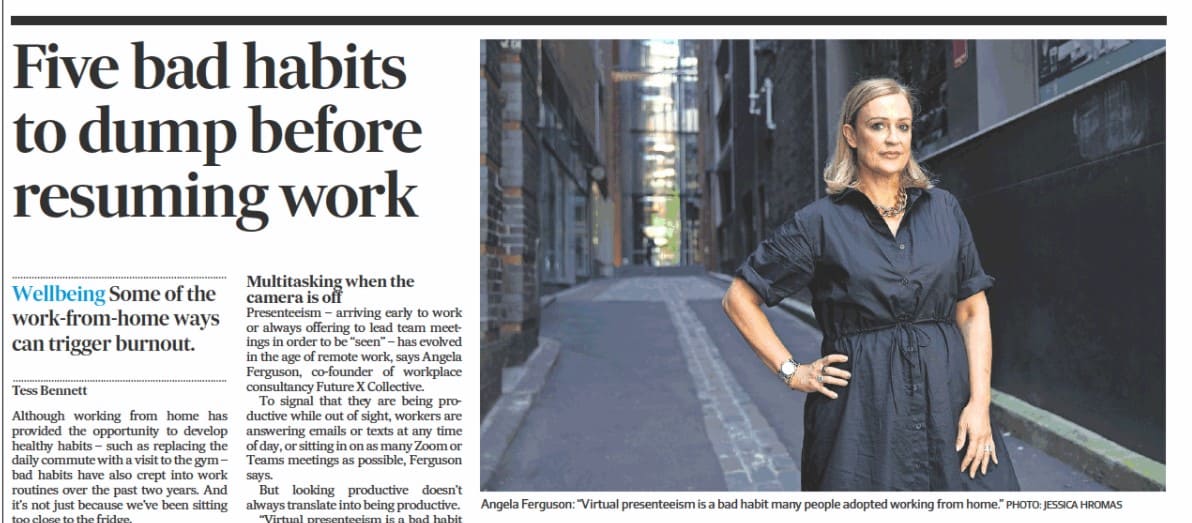The occupational health and safety (OHS) sector has made much noise about workplace safety cultures. So, it is interesting to watch corporate debates on culture, especially with the increased attention to the psychological harm that some cultures create for workers. The Australian Financial Review’s (AFR) BOSS section included a short article about the the possible consequences of an autocratic leadership style, in this case, the conduct of Newcrest’s Sandeep Biswas.
Category: Duty of Care
Speaking truth to power
Last week two young women, Grace Tame and Brittany Higgins, made speeches at the National Press Club about the sexual abuse of minors and an alleged sexual assault in Parl ment House, respectively, and the social changes required to prevent both risks. Both spoke about the need to prevent these abuses and assaults. OHS needs to understand and, in some ways, confront what is meant by preventing harm. The words of Tame and Higgins help with that need.
Good COVID OHS book
Late last year, lawyer Michael Tooma and epidemiologist Mary-Louise McLaws published “Managing COVID-19 Risks in the Workplace – A Practical Guide”. Given how COVID-19 is developing variants, one would think that such a hard copy publication would date. However, the book is structured on the occupational health and safety (OHS) obligation of managing risks, and whether the variant is Delta, Omicron or Omega (if we get that far), the OHS principles and risk management hold up.
Where do you see yourself in five years’ time?
Occupational health and safety (OHS) laws continue to be relevant even when operating in a time of a highly infectious pandemic, but they are increasingly sidelined.
At the moment there are labour shortages in Australia because of the large number of workers infected, and affected, by the Omicron variant of COVID-19; a shortage exacerbated by the varying isolation and testing regimes applied by the Federal and State governments. It is a bit of a mess.
It is worth reminding ourselves that employers have a duty to proved a safe and healthy work environment with the support of employees. Employees are obliged to not allow hazards to be brought to work. At the moment, some employees are being encouraged or required to return to work if they are showing no COVID-19 symptoms; if they are asymptomatic. But everyone knows from experience and official advice over the last two years that asymptomatic people can continue to be infectious. Requiring workers to return to work, as seemed to be happening at one South Australian worksite, while still potentially infectious seems contrary to both the employer’s and employee’s OHS obligations.
Danger Money corrupts OHS
The traditional manner for employers to get unsavoury or hazardous work tasks done is to offer more money. This is referred to as Danger Money in some countries and Hazard Pay in others. There has been a resurgence in Danger Money during the COVID-19 pandemic, offered by some employers and requested by some workers and unions. This negotiation is a collaborative avoidance of both groups’ occupational health and safety (OHS) obligations and should be opposed vigorously by OHS associations and advocates.
Bad work “habits” are part of the problem
The headline immediately caught my attention:
“Five bad habits to dump before resuming work”
Australian Financial Review, January 4, 2022
Such is the power of the click-bait headline.
This article is aimed at middle managers and those working from home. It is in the Australian financial/business newspaper so articles about individual empowerment and entrepreneurship rather than structural change are expected. The article above is a classic example of the Australian Financial Review’s approach to workplace health and safety matters: a newspaper with significant influence on business leaders and executives but one that rarely quotes or approaches occupational health and safety (OHS) experts.
We can control workplace mental health if we want to
Some years ago, Time Management was all the rage. It was the precursor to the resurgence of the Work Smarter – Not Harder movement, but it seems to have faded from conversation recently. Part of the reason is that everyone is expected to be contactable, every day, every week, every month. And then we wonder why there seems to be a workplace mental health crisis?!
The answer is simple – turn off your phone, turn off your work computer. This will cause some readers to shake and say that they cannot do that as their bosses expect them to be available. The unfairness of this was discussed a little in the article on “work-to-rule“, but the employers’ expectations are more than unfair. They indicate a poor manager who cannot manage their time and of a workplace culture that endorses this sloppiness/laziness. A recent New Zealand article looked at some of the recent trends.







